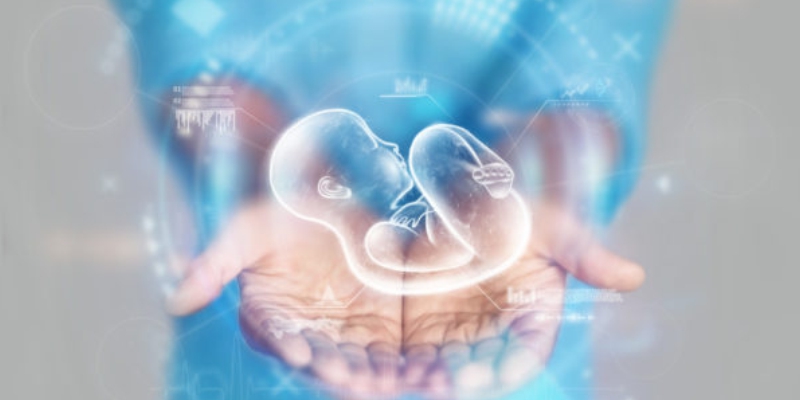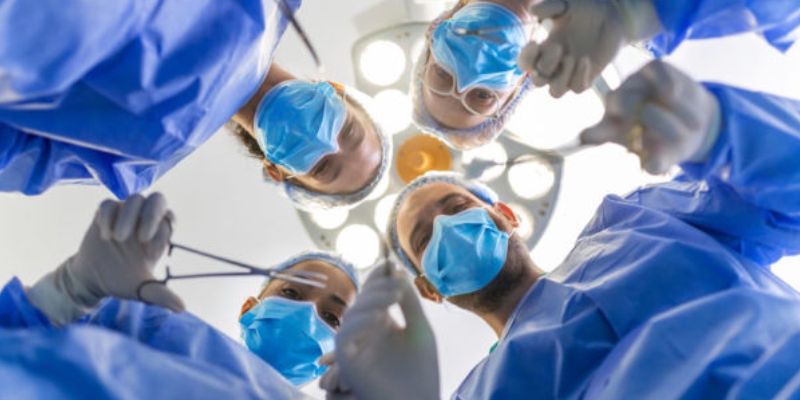Author: Dr. Beena Muktesh MBBS, MS
Consultant: Obstetrics, Gynaecology and Fertility Specialist at Motherhood Hospital Gurgaon
According to WHO’s latest report of April 2023, worldwide approximately 17% of total population find it difficult to get pregnant. Although fertility is becoming a rising concern today the subject is still taboo within the society. The couples trying to conceive either visit the Best IVF Doctor in Gurgaon or do not discuss the topic openly. According to the Best IVF Specialist in Gurgaon, Dr. Beena Muktesh, MBBS, MS, Infertility & IVF Specialist, an inability to discuss the topic openly causes the couples to believe in prevalent myths running down the mills. It is important for us as a society to debunk such myths, speak openly, and visit the doctor at the earliest.
10 Common Myths About Fertility Debunked
Here are the common myths about fertility that you need to be cautious about:
- Infertility is a female problem
Time and time again, the science has proved that male infertility accounts for one-third of the infertility issues. The fingers still are pointed at females when it comes to infertility issues. Both males and females face infertility issues that make them difficult to conceive.
- Infertility is rare
The Top IVF Doctor in Gurgaon at the Motherhood Hospitals sees a lot of patients who find it difficult to conceive. Today, infertility is no longer rare and 1 out of every 8 couples are unable to conceive normally.
- Age does not impact fertility
When it comes to fertility, age plays a crucial factor. In women, fertility begins to deteriorate after the age of 34 due to the reduced quality of eggs. Hence, it is important to consider your age when planning pregnancy.
- A regular menstrual cycle indicates fertility
Having a normal menstrual cycle does not imply that you are ovulating during each cycle. A regular cycle is not related to the quality of your eggs. Hence, the menstrual cycle should never be the deciding factor for fertility.
- Birth control pills safeguard your fertility
A lot of people believe that consuming birth control pills can save your eggs. According to the best IVF doctor in Gurgaon, egg freezing during fertility period is the one of the way to save your eggs.
- Men do not have a biological clock
Ageing affects both men and women. Similar to women, men do have a biological clock and experience a decline in their fertility after the age of 40.
- Stress causes infertility
Although stress does impact our overall health and fertility, however, the top IVF specialist in Gurgaon does not foresee a strong relation between the both. Reducing stress can improve your chances of getting pregnant.
- It is easy to get pregnant after having a baby
One successful pregnancy cannot guarantee consequent pregnancies. In fact, 10-14% of couples in India struggle to conceive after having their first child.
- Fertility treatments are covered by insurance
Not all fertility treatments are covered by insurance. A lot of companies only insure a part of the IVF process. The entire coverage, however, depends on the type of your policy. Hence, it is important to check your policies before planning for any infertility treatment.
- In-vitro fertilization (IVF) always works
Dr. Beena Muktesh comments that although IVF is an effective technique it does not always work. The success rate of IVF depends on a lot of factors including the age of the woman. Hence, to ensure IVF success, one should visit the best IVF specialist in Gurgaon at the earliest.
At Motherhood Hospitals, we have a team of experienced supers specialists backed by the latest infrastructure and facilities. We have the best gynaecologist in Gurgaon. We are experts in handling complex deliveries, gynaecological, and other surgeries including a range of laparoscopic surgeries.
Do take an appointment with the best woman care hospital in Gurgaon at a centre closest to you. Meet with our doctors who will carry out the required investigations, diagnose the issue and recommend the most appropriate treatment, enabling you to lead an active life.
If you wish to get in touch with Dr Beena Muktesh, please book your appointment here.


 Toll Free Number
Toll Free Number
















